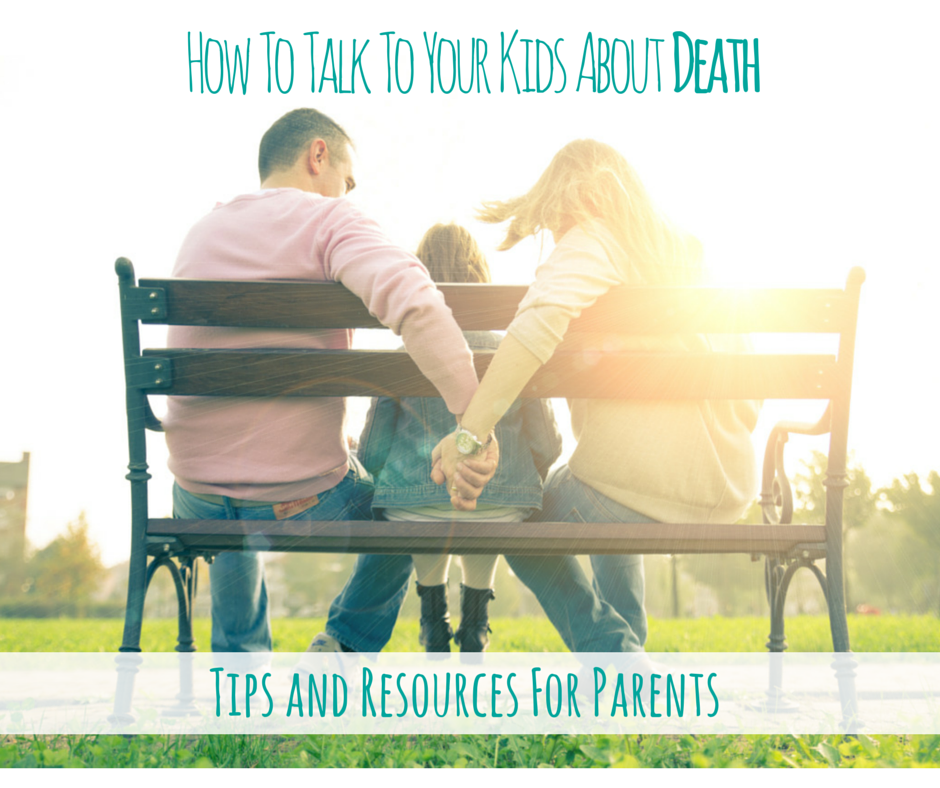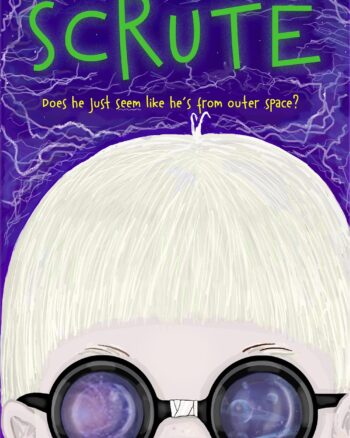 Don’t wait for death to hit close to home. Tips on How To Talk To Your Kids About Death
Don’t wait for death to hit close to home. Tips on How To Talk To Your Kids About Death
Guest Post by Kathy Kramer, LCSW, CT and Program Director of the Children’s Bereavement Center Miami
Parents of young children don’t typically consider talking about death with their children. In fact, unless a death hits very close to home parents often avoid the topic all together.
The thought may be, my child is too young to understand death, or we won’t have to deal with that for a very long time.
But the truth is we never know when death will happen. And as parents, our role is to equip our children with information so that they can feel safe and confident as they navigate their ever growing world.
Think about every Disney movie you’ve ever seen. Inevitably you will conclude that death has played a role in most or all of them. Therefore, your child is familiar with the idea of death. They may not understand it as adults do, however it is never too early to have the first conversation.
How can we talk about death with our children before it happens? There are ample opportunities for teachable moments. Consider seeing a dead bird at the park or having to deal with a dead goldfish. Simply enough, a child will understand the statements: “The body stopped working. The bird can’t fly, it can’t eat or make noises. The bird died.” It is important to use concrete and real words.
The D Word
For most, just saying the word “dead” may be a challenge. Remember though, to a young child this is just a word. It does not have all the meaning that adults give it. Children’s understanding of what dead means will develop over time as they grow and cognitively develop.
You may want to consider these books when talking to your child about death:
When Dinosaurs Die: A Guide to Understanding Death by L. Brown and M. Brown
Love Never Dies by J.B. Catton
Sad Isn’t Bad: A Good-Grief Guidebook for Kids Dealing with Loss by M. Mundy
You may also want to check out the Children’s Bereavement Center’s website for an extensive bibliography of books suitable for all ages.
At the Children’s Bereavement Center (CBC) we educate and encourage parents to be open and honest when it comes time to talk to your kids about death, even death that may have resulted from suicide and homicide. Children need to know the truth. They need to know that they can trust the adults in their lives.
The Children’s Bereavement Center provides free Peer Support Groups for children, young adults, and adult caregivers after the death of a loved one. Groups are open to anyone who has lost a parent, sibling, grandparent, relative, or friend as a result of illness, accident, suicide, or homicide. Losses can be recent or in years past.
CHILDREN’S BEREAVEMENT CENTER
7600 S Red Road, Suite 307 • South Miami, FL 33143 (305) 668-4902
Website: http://childbereavement.org Facebook: facebook.com/MiamiCBC Twitter: @miamicbc





















Glad this topic was addressed. Kids learn how to handle emotions by watching their parents. If grandma passes away and mom never cries in front of the kids they’ll think thats normal. Some kids may even take it as “no big deal.” That’s not ok. Moms will combust if they “try to stay strong for the kids.” Moms and dads need room to grieve too. Great resources on this post! Thanks Mommy Mafia!
This is such a good point. This month actually marks the anniversary of someone’s death in our family and I think the most important thing we’ve taught our daughter is that love and the memories we work to make every day as a family are part of what we will always remember when someone is no longer with us.
Children need to know that death is a real thing and that grieving is a normal part of life.